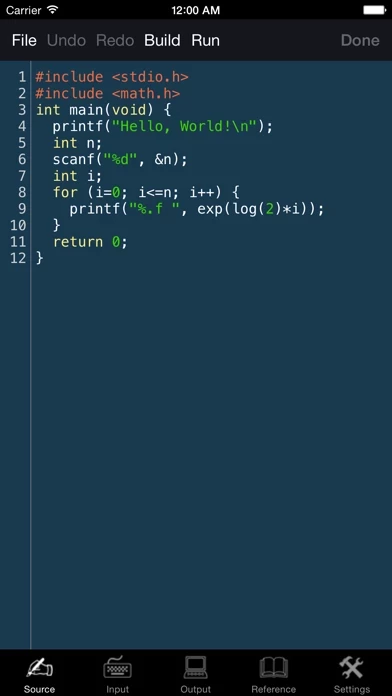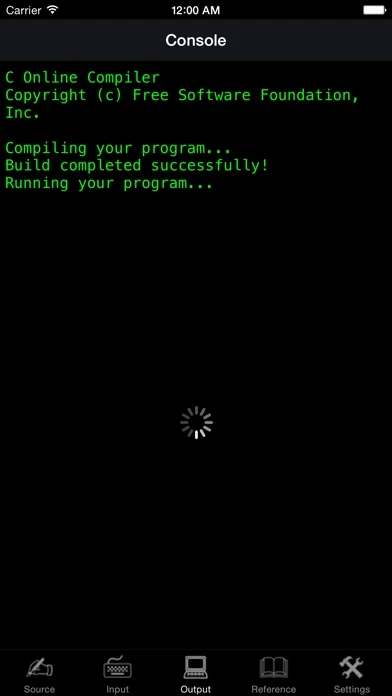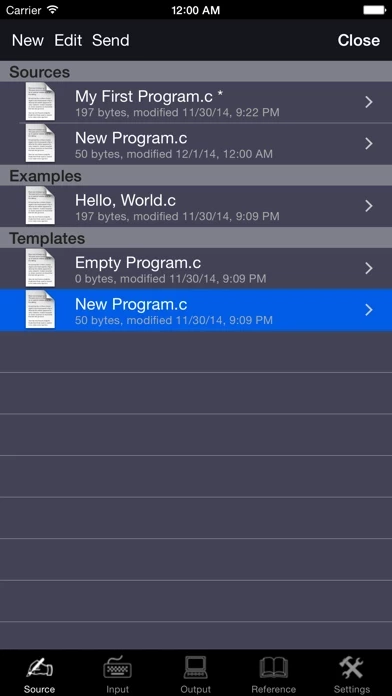C (pronounced like the letter C) is a general-purpose computer programming language developed between 1969 and 1973 by Dennis Ritchie at the Bell Telephone Laboratories for use with the Unix operating system.
The origin of C is closely tied to the development of the Unix operating system, originally implemented in assembly language on a PDP-7 by Ritchie and Thompson, incorporating several ideas from colleagues.
In 1978, Brian Kernighan and Dennis Ritchie published the first edition of The C Programming Language.
This was one of the first operating system kernels implemented in a language other than assembly.
Programming language is a perfect tool for studying, complex mathematical calculation, entertainment and many other useful tasks.














